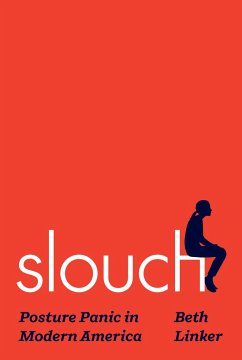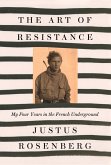"This book is a historical consideration of how poor posture became a dreaded pathology in the United States at the turn of the twentieth century. It opens with the "outbreak" of the poor posture epidemic, which began with turn-of-the-century paleoanthropologists: If upright posture was the first of all attributes that separated human from beasts - and importantly a precondition for the development of intellect and speech - what did it mean that a majority of Americans slouched? By World War I, public health officials claimed that 80% of Americans suffered from postural abnormalities. Panic spread, setting into motion initiatives intended to stem the slouching epidemic, as schoolteachers, shoe companies, clothing manufacturers, public health officials, medical professionals, and the popular press exhorted the public toward detection. Wellness programs stigmatized disability while also encouraging the belief that health and ableness could be purchased through consumer goods. What makes this epidemic unique is that, in the absence of a communicable contagion, it was largely driven by a cultural intolerance of disabled bodies, with notions of "ableness" taking hold for much of the twentieth century. The author traces this history through its consequential demise, as social movements of the 1960s prompted people to push back against invasive and discriminatory standards. Large-scale physical fitness assessments designed to weed out defective bodies relied on compliant participants, and the Civil Rights and Women's Movement, as well as the anti-Vietnam war protests and Disability Rights Movements eventually halted that supply, and in the 1990s a public outcry destroyed many of the archives and materials collected. Nevertheless, anxiety over posture persists to this day"--
Hinweis: Dieser Artikel kann nur an eine deutsche Lieferadresse ausgeliefert werden.
Hinweis: Dieser Artikel kann nur an eine deutsche Lieferadresse ausgeliefert werden.








